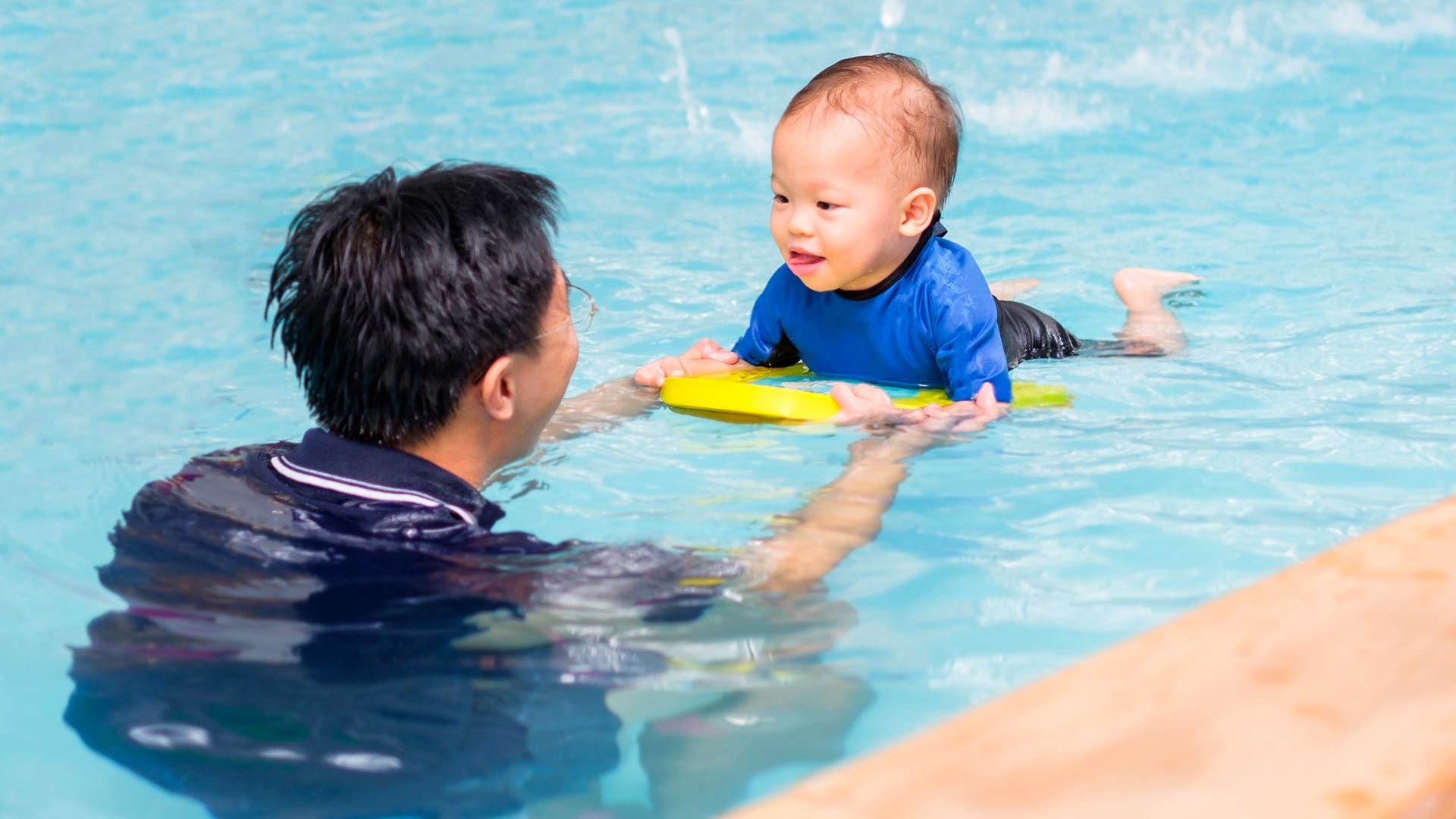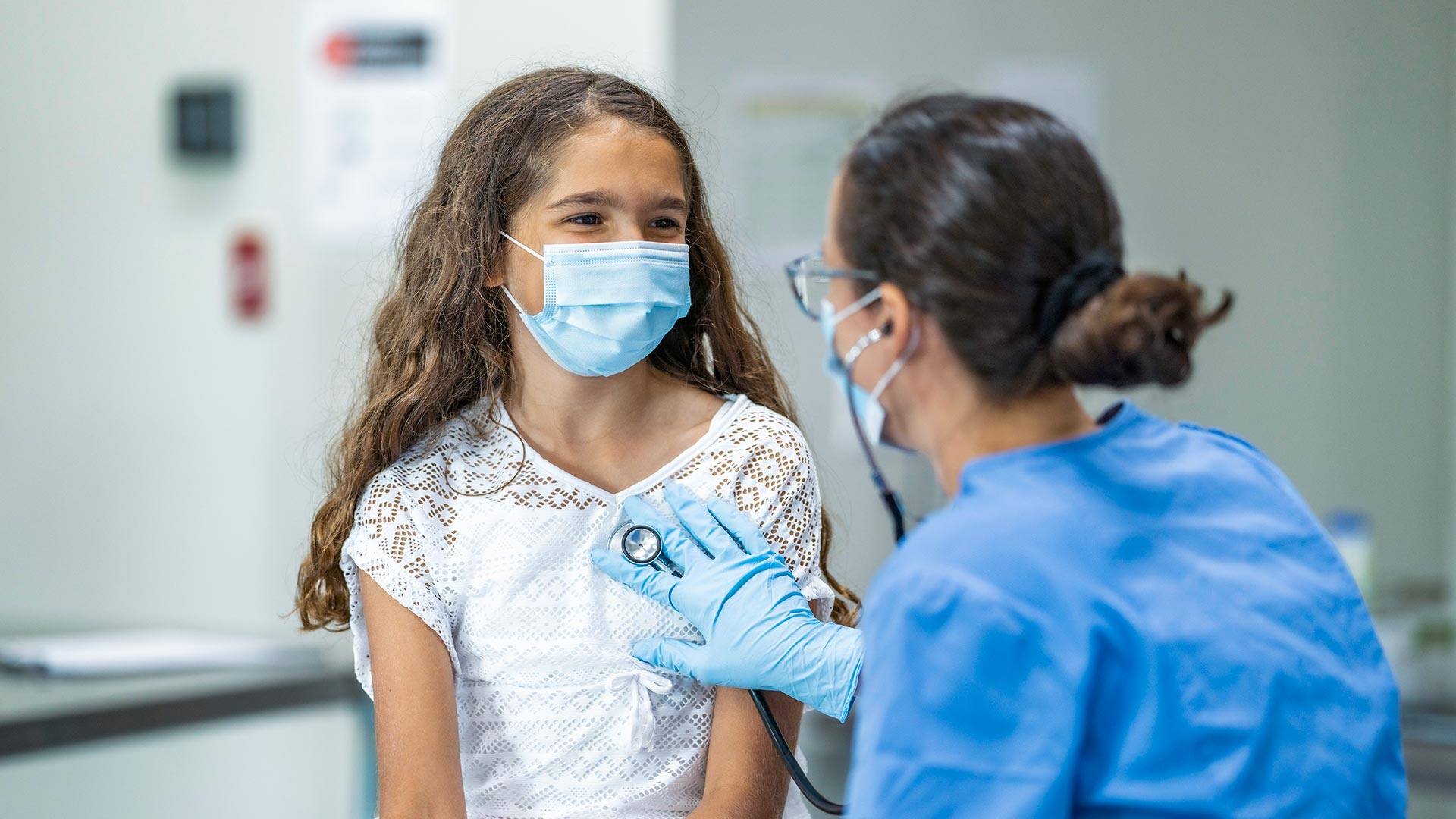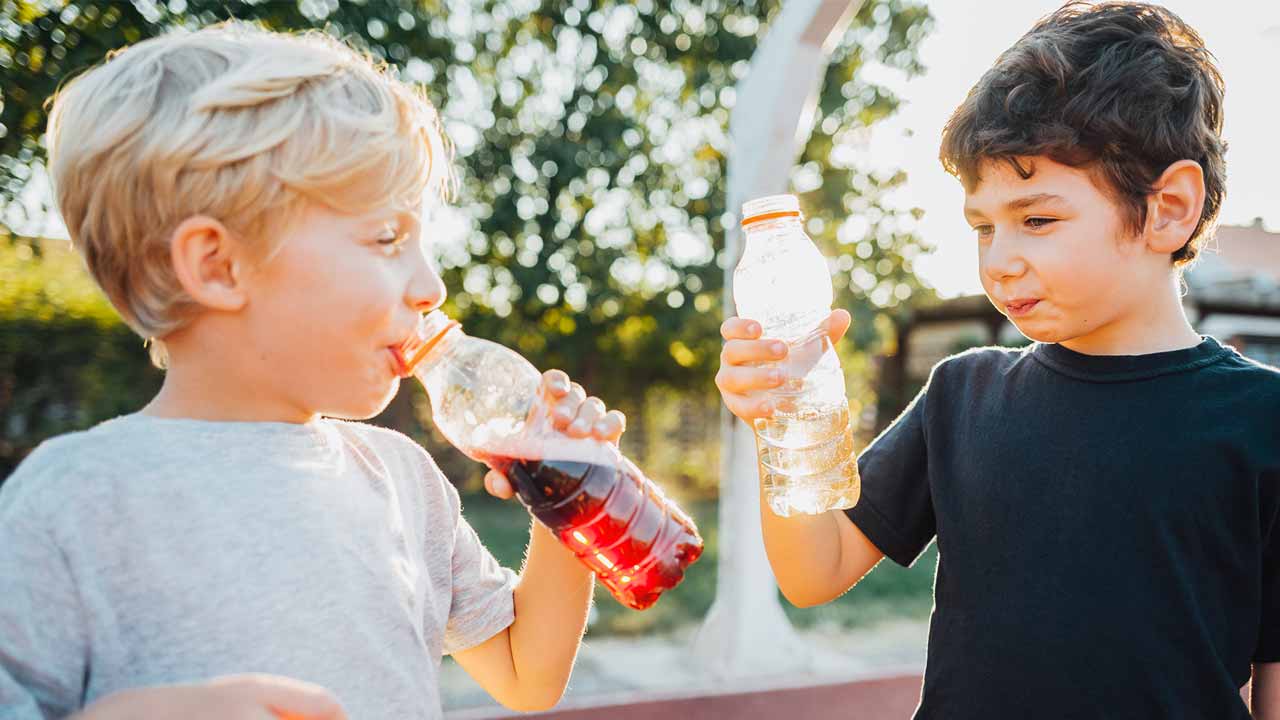Another school year has already started. Does your child gladly go to bed on time and jump up refreshed at 0-dark-thirty to pop into school clothes and get to school energized? Or are you fighting to get him to bed, dragging him out in the morning, getting him to the bus with no food in his tummy? If the second scenario is yours, I think I can help you. Even if you relate best to the first scenario, maybe there is something here for you, too!
Sleep is more important than food!
I tell my patients, and this is true, that you can go without food longer than you can go without sleep. Sleep supports so many body functions that without enough sleep, your child will not learn, play, or grow well. For starters, get the electronics (TV, phones, games) out of children’s bedrooms. Those should be used socially anyway, and they interfere with both falling asleep and staying asleep. Bedtime should be about the same time every night, even on weekends, and should be early enough to guarantee at least eight hours or so of uninterrupted sleep (up to ten hours for younger children). If your child’s summer bedtime has been ridiculously late, try moving bedtime up by 15 minutes or so every few nights, not allowing for naps or “sleeping in,” so that her clock will gradually reset to a healthy schedule.
But food is important, too!
Breakfast is, indeed, the most important meal of the day. Without breakfast, your child’s body will produce calories for the morning by breaking down muscle to release stored energy. This process also produces some chemicals that make your child crabby and groggy. Children who don’t eat breakfast don’t feel or think as well as those who do. That does not mean that your child needs to eat two eggs, bacon, toast, and juice at 6 AM. But it also does not mean that they should have a pop tart and call that breakfast. Even the grumpiest teenager can gag down an instant breakfast drink and a half a banana, or a smoothie made with fruit and yogurt, or a piece of toast with peanut butter and half an apple. A perfect breakfast should include a complex carbohydrate (like whole grain bread or cereal for example), some dairy source for calcium (milk, yogurt), some protein (meat, milk, legume like peanut butter), and a fruit and/or vegetable. A small glass of milk with half a turkey sandwich with lettuce and tomato is a great breakfast, and you could send the other half sandwich for lunch! If your child “is not hungry,” that makes sense, but it does not mean he does not need the fuel. He can eat on the bus or in the car.
Refill the tank mid-day
A slice of pizza, juice, and a bag of chips is not a good lunch. If your child buys lunch at school, he can be taught to eat smart; school lunches do provide fruit and vegetable choices. Drinks are healthier now, too; most children (including teens) should only drink milk and water. Everything else (juice, soda, sports drinks) is just sugar-water. Energy drinks are not only empty calories, but also potentially toxic chemicals that interfere with sleep, affect heart rate and blood pressure, and who knows what long term effects that we don’t know yet. Packing a lunch for your child is a great option. I have done it now essentially every day for 17 years. It takes me 15 minutes each morning and my kids leave with a healthy sandwich or hummus and pita, a whole fruit, a bag of berries or grapes, another bag of veggies (carrots, peppers, sliced cucumber, grape tomatoes), one treat (like a 100 calorie bag of cookies or crackers) and a flavored water beverage. When my older children were in high school they actually had friends ask if they could send me money each week so I could make them lunches, too! Children are smart people. If you teach them well, they will get it!
Spend quality time, but don’t hover
Your child needs you, but, honestly, not as much as you need her. Asking about school, offering to help with homework or personal issues, helping to set goals to do her best: that is your job. Living her life is not. Helicopter parents are harmful, not helpful. That said, help your child to set up a routine after school so that there is a quiet place to focus on homework, time for physical activity (at least an hour each day), very limited passive “screen time” (less than two hours a day). Be available if she needs help. A family dinnertime, even if it is late, is a great time to talk about the day, to listen and to plan. Organizing in the morning should be your child’s job. You can double check for a while that things are all being completed, packed and turned it, but let it be her job.
Expect issues
Listen to your child so that you can help him with what he really needs help with and not with what you want to help with. Don’t be afraid to be MOM (Mean Old Mom), setting limits or making rules that “other kids parents don’t…” Seek help, either from your pediatrician or from a counselor, if you don’t know what to do or say. They don’t come with instructions! Most important, be open and honest with your children. Ask them how they feel and tell them how you feel. You are not your child’s best friend, but you are her best ally. Have a happy and successful year!









